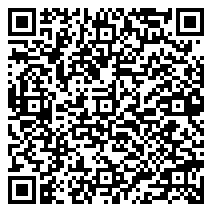

Human resources specialists hold a role that extends far beyond technical tasks; they are the backbone of organizational communication, employee support, and conflict resolution. This course focuses on developing interpersonal skills for HR professionals, recognizing that excellent interpersonal skills are vital for navigating complex workplace situations. The unique aspect of this course lies in identifying scenarios within organizations that demand special attention and showcasing how to build the appropriate interpersonal effectiveness skills to manage them.
Through interactive sessions, practical exercises, and real-world case studies, this course will guide participants on how to improve interpersonal skills, fostering stronger relationships between employees and management. By the end, participants will have honed great interpersonal skills to effectively influence, communicate, and support their organizations.
This course empowers HR professionals with the interpersonal skills necessary to thrive in complex organizational environments. By mastering communication, conflict resolution, and employee engagement techniques, participants will significantly enhance their capacity to support both employees and management. The development of excellent interpersonal skills will not only improve personal effectiveness but also contribute to the overall success and culture of the organization.
Join us to discover how to build interpersonal skills that make a lasting impact in your HR career!
